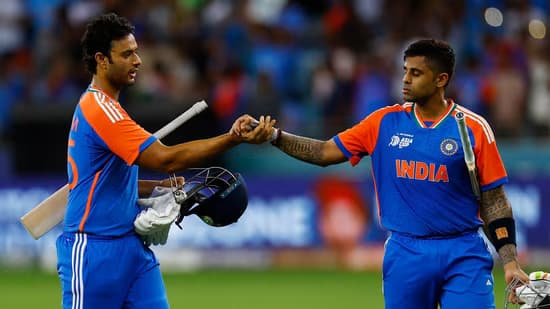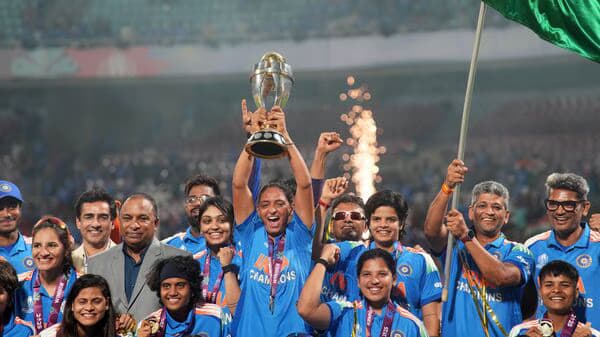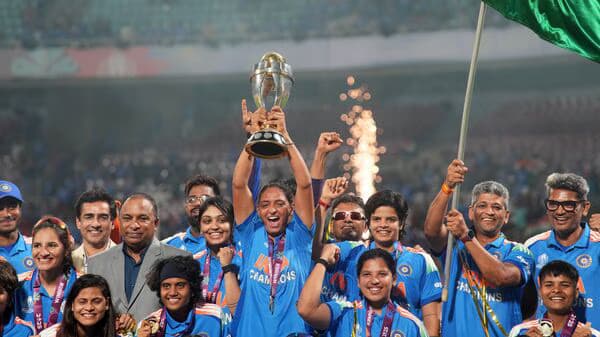In a highly anticipated Asia Cup 2025 Group A clash, India secured a dominant seven-wicket victory over arch-rivals Pakistan at the Dubai International Cricket Stadium. However, the result was largely overshadowed by significant off-field drama and political undertones.
Match Summary:
-
India’s Dominance: India’s spinners, particularly Kuldeep Yadav (3/18) and Axar Patel (2/18), played a crucial role in restricting Pakistan to a modest total of 127/9.
-
Pakistan’s Struggle: Pakistan’s batting lineup struggled, with Sahibzada Farhan (40) and a late cameo from Shaheen Afridi (33*) being the only notable contributions.
-
India’s Chase: Chasing 128, India made short work of the target. Abhishek Sharma blazed 31 off 13 balls, and captain Suryakumar Yadav finished the match with an unbeaten 47 off 37 balls, securing the win in just 15.5 overs.
The “No-Handshake” Controversy:
The most prominent headline from the match was the decision by the Indian team to not engage in the customary post-match handshake with the Pakistani players. This act was not a spur-of-the-moment decision; it was a collective team call, reportedly aligned with the Board of Control for Cricket in India (BCCI) and the Indian government.
-
Indian Team’s Stance: After Suryakumar Yadav hit the winning six, he and his batting partner, Shivam Dube, walked directly off the field and into the dressing room. In the post-match presentation, Suryakumar dedicated the victory to the Indian armed forces and expressed solidarity with the victims of the Pahalgam terror attack, stating that “a few things in life are ahead of sportsman spirit also.”
-
Pakistan’s Reaction: The Pakistani players, led by captain Salman Ali Agha, were left waiting on the field. Pakistan’s head coach, Mike Hesson, expressed disappointment at the snub. In protest, Agha boycotted the post-match presentation ceremony. The Pakistan Cricket Board (PCB) later lodged a formal protest with the Asian Cricket Council (ACC), labeling India’s actions as “unsporting.”
Political Tensions and Public Debate:
The match was played under a charged atmosphere due to recent geopolitical tensions. The Pahalgam terror attack in April and India’s subsequent “Operation Sindoor” had led to widespread public debate and calls for a boycott of the match in India. Political figures from both sides of the aisle weighed in on the issue, with some opposition parties condemning the match as a betrayal of national sentiment.
This was the first cricket match between the two nations since the events in April and May, and the on-field and off-field events have heightened the rivalry beyond the boundaries of sportsmanship.











Responses (0 )